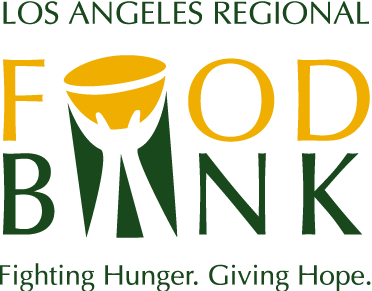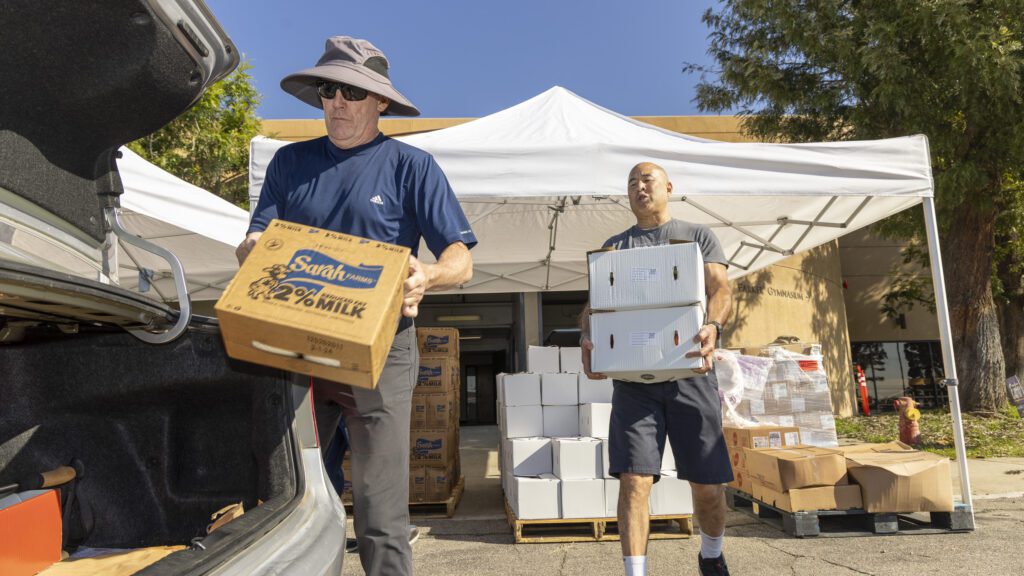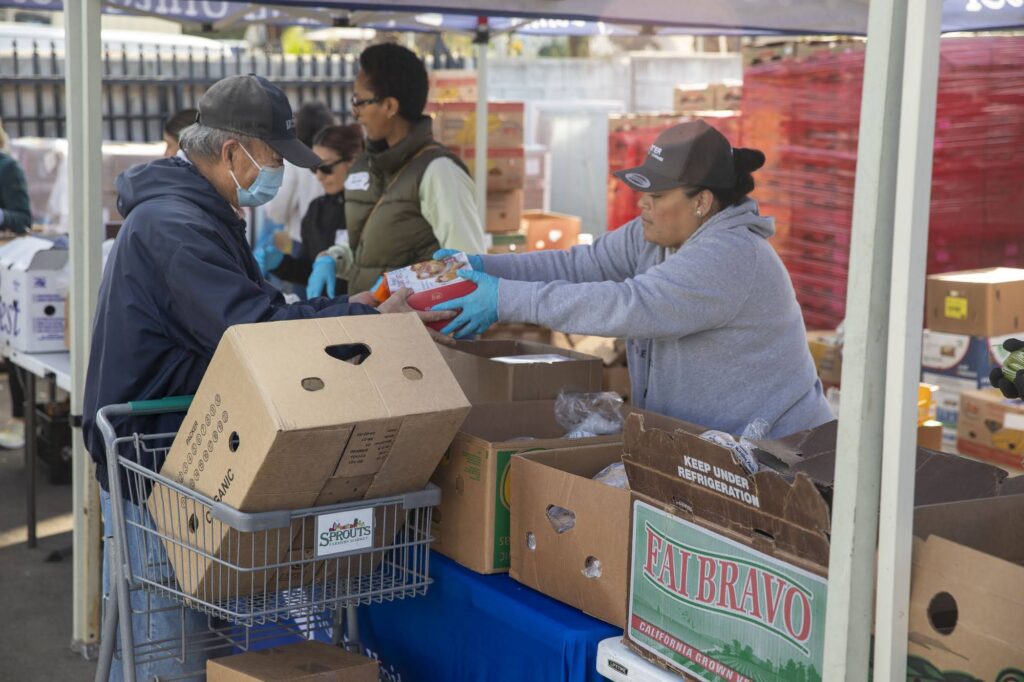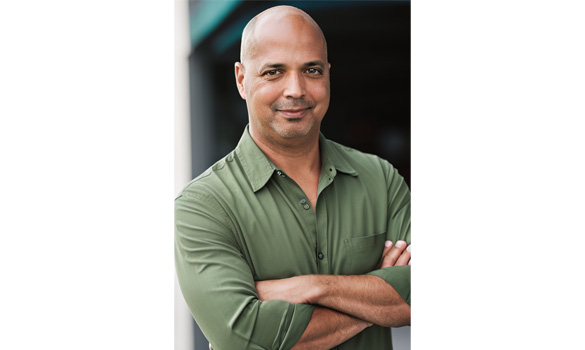How the BackPack Program Supports Generations
How the BackPack Program Supports Generations
Mayo Elementary School in Compton has run the BackPack Program for over 20 years, benefitting low-income families in need of food assistance
What is one of the worst nightmares for any parent? For many, being unable to provide for their children is one of the worst feelings. Unfortunately, 1 in 4 children in Los Angeles County don’t know where their next meal is coming from. Thousands of children go to school on Monday morning with rumbling, empty stomachs, anxiously waiting for breakfast time at school, focusing on the clock rather than what is being taught.
Fortunately, the Los Angeles Regional Food Bank offers its BackPack Program, a program designed to alleviate hunger for children who rely on school meals during the week but need food assistance over the weekend.
- RELATED STORY: What is the BackPack Program?
One of the participating schools is Mayo Elementary in Compton. For over 20 years, the school has partnered with the Food Bank in order to provide boxes of food to those families in need, and so far, thousands of families have benefited from this program over the years.
The Importance of Healthy Food Options
Patricia Hernandez is one of the parents that benefit from the BackPack Program at Mayo Elementary. Hernandez has older children that also attended the school and participated in the program. The food box received has always been welcomed by the Hernandez family, but now more than ever, they need it most.
One of Hernandez’s four children was diagnosed with cancer as a young child. After complications, Hernandez’s daughter lost mobility and is now in a wheelchair. Hernandez now has to take her daughter to therapy, therefore, she can’t take on a full-time job. Additionally, Hernandez’s daughter is also on a restrictive diet, with doctors recommending she eat certain foods, or replace certain ingredients with other items that may be financially out of reach for Hernandez.
“The doctor suggested my daughter eat quinoa instead of rice, but quinoa is so expensive!” Hernandez said. “He gave me something to think about.”
Inflation Impacts Low-Income Families
According to the U.S Bureau of Labor Statistics, prices for food at home moved up 11.7% since last year, leaving thousands of low-income families without any other option than to make sacrifices and cuts wherever possible.
Estela Avila is a mom of two young children that attend Mayo Elementary. Like many others, she participates in the BackPack Program in order to help make ends meet for her family of five.
Her children, in fourth and fifth grade, know that they can count on a new box of food and excitedly look forward to discovering what items they receive, specifically the cereals they look forward to in the mornings or the evenings. Regardless, Avila says her children are happy with everything they receive.
“Whenever we receive a box, we take a look at the box and sum up what we would’ve spent on the items [at the grocery store,]” Avila said. “What we come up with, we pay any bill that we weren’t able to pay, and if we have any money left over, we put it away and use it when we need it.”
Food is Necessary for All
If times are tough for families with multiple incomes, life can be tougher for single mothers like Flora Cruz.
A mother of six, with two young children and one teenager, Cruz has taken on multiple jobs in order to provide for her kids. Previously a volunteer at Mayo Elementary when her now 27-year-old son was a student, Cruz has participated in the BackPack Program for over 20 years, so the benefits are clear.
Programs like the BackPack Program could not operate without the support of the community. If you are in a position to do so, please consider donating to the Food Bank.





